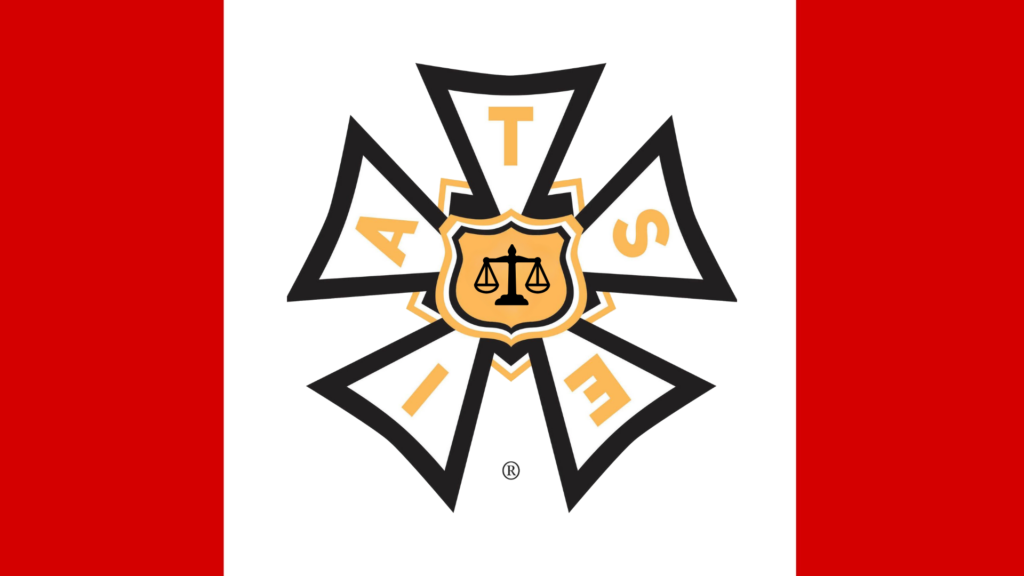- May 24, 2021
- Miscellaneous
When a non-resident member of British Columbia, Tor Baxter, was denied employment on the production, the union filed a grievance and asked for a declaration that the Employer’s unilateral rule requiring British Columbia residency was unreasonable and contrary to the Canadian Charter of Rights and Freedoms. The employer argued that the grievance was not arbitral because the grievor was not employed at the time that the grievance was filed and that the Employer’s residency requirement was reasonable because residency was required in order for the production to obtain provincial and federal tax credits. With respect to arbitrability, the arbitrator found in favour of the union that the grievance was arbitrable, stating “if members of the Union did not have the right to challenge dispatches…then these members would have no rights in respect to employment opportunities.” With respect to the residency requirement, the arbitrator found that it was reasonable under the collective agreement and the relevant case law (the KVP test) because:
- there was a “direct and material connection between the Employer’s requirement of residency and the provincial tax credit which statutorily applies only to employees who are residents of the Province”;
- the provincial and federal tax credits were significant;
- the Canada Revenue Agency conducts regular audits and has consistently refused to extend the provincial tax credit to any employee who is not a resident of British Columbia;
- exceptions to the residency requirement for exceptionally skilled individuals and/or their special assistants are themselves reasonable and represent a “coherent and commonsensical approach to the business viability of each production”;
- the residency requirement is consistent with the collective agreement insofar as it contains a disclosure requirement, thus “the parties have recognized contractually the importance of residency in respect to both attracting productions to the Province and the significance of these tax credits in respect to the employment of Union members on these productions”;
- The Union had participated in efforts with the employers to persuade the provincial government of the crucial importance of tax credits to the film industry in the province; and
- Prior cases involved a residency requirements with a specific municipality, while the present case involved the entire province (for the provincial credit) and the entire country (for the federal credit).
The arbitrator declined to address the union’s arguments under the Canadian Charter of Rights and Freedoms, stating that the union was inappropriately seeking to challenge the constitutionality of the residency requirement indirectly where it would not be permitted to do so directly, in effect it was seeking “ not simply a definition of reasonableness informed by Charter values, but rather Charter conclusions and remedies in respect to the issue of a residency requirement in the film industry in British Columbia.”








